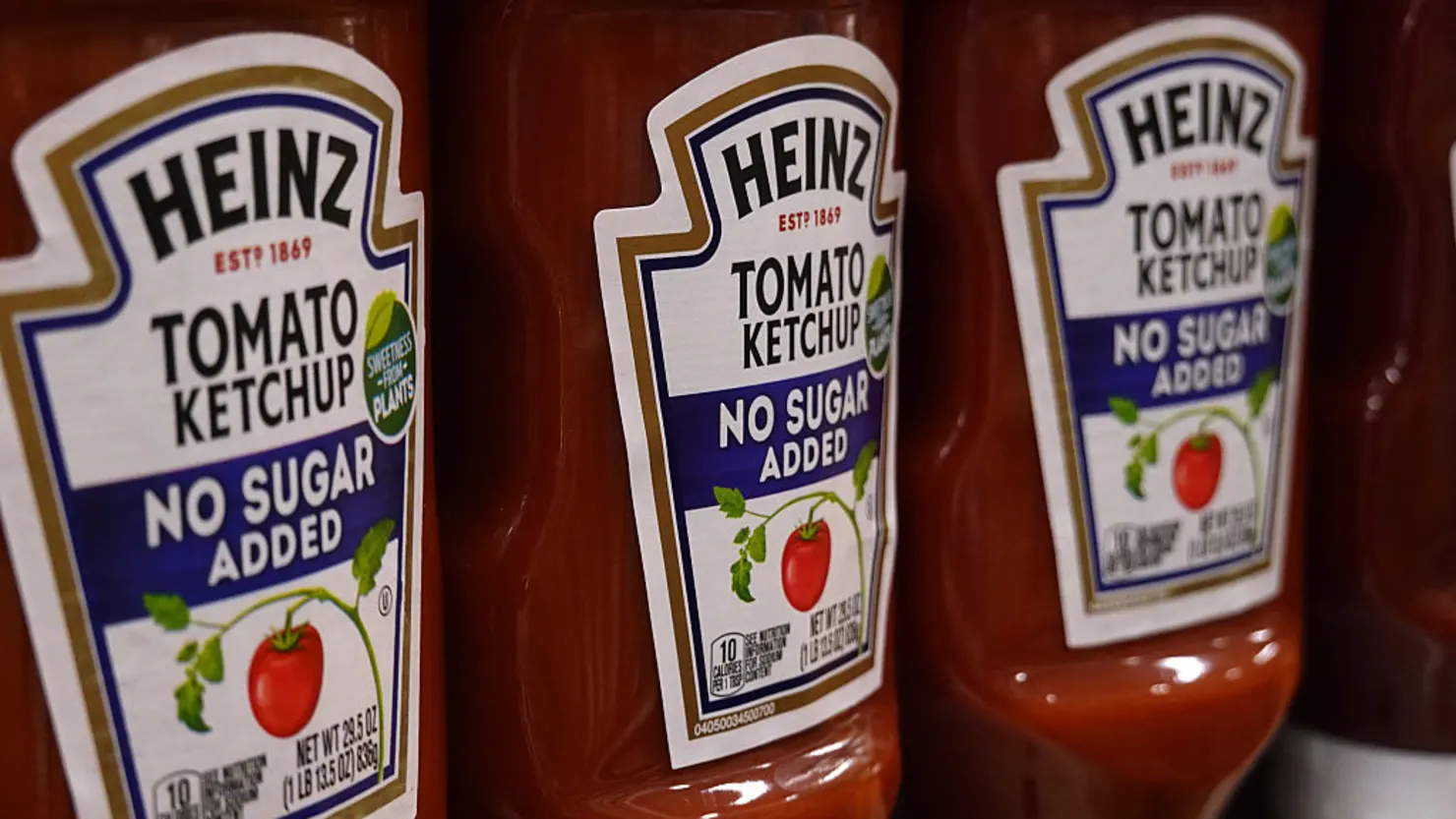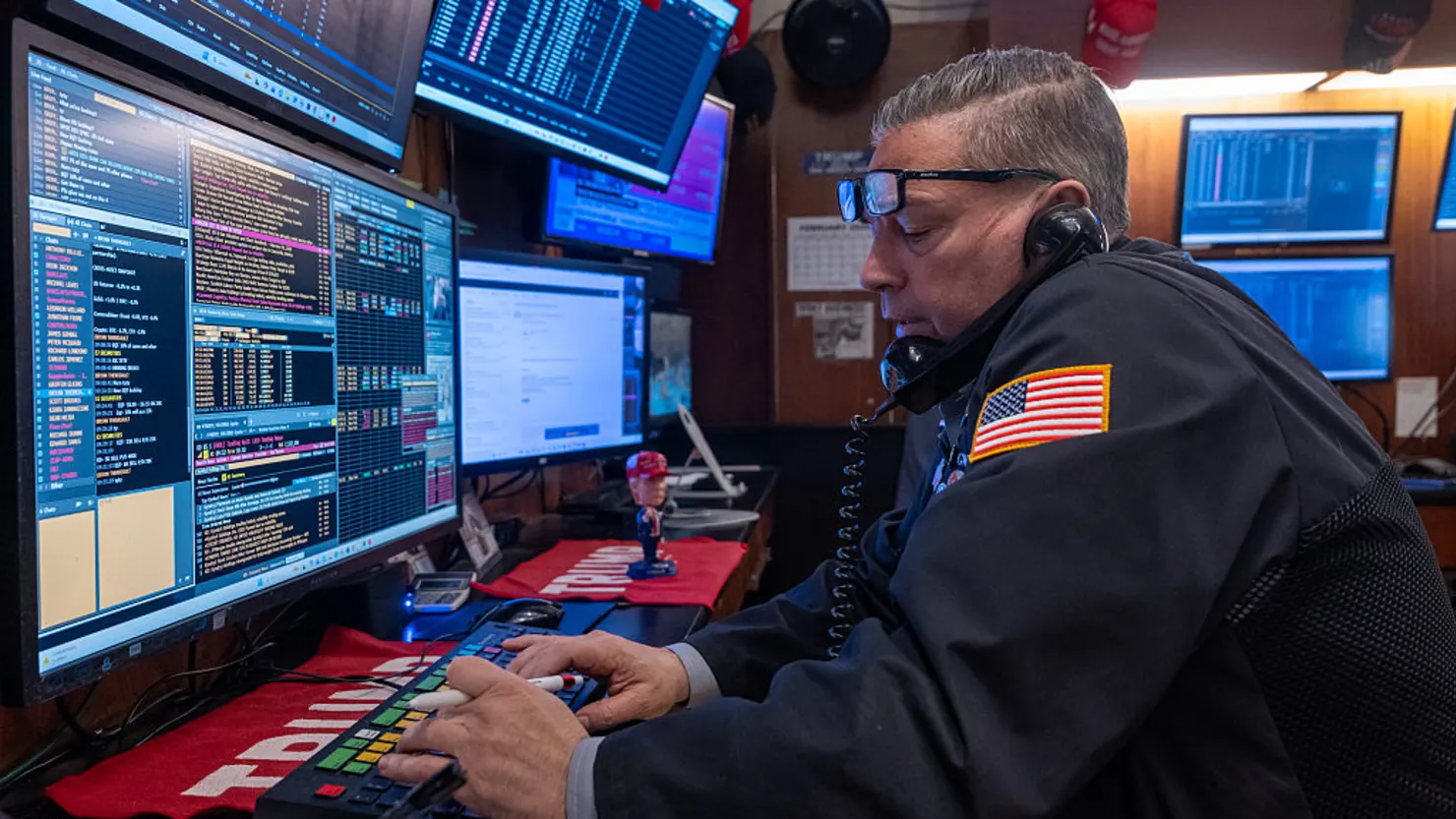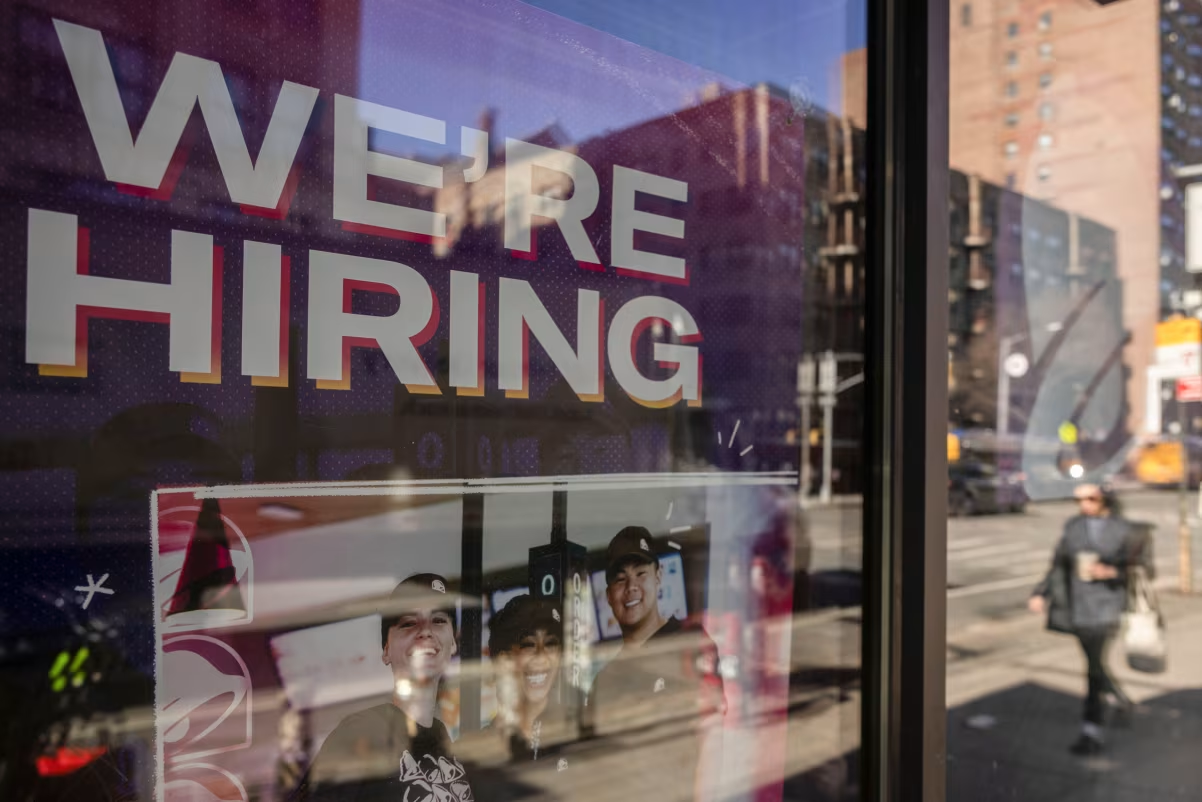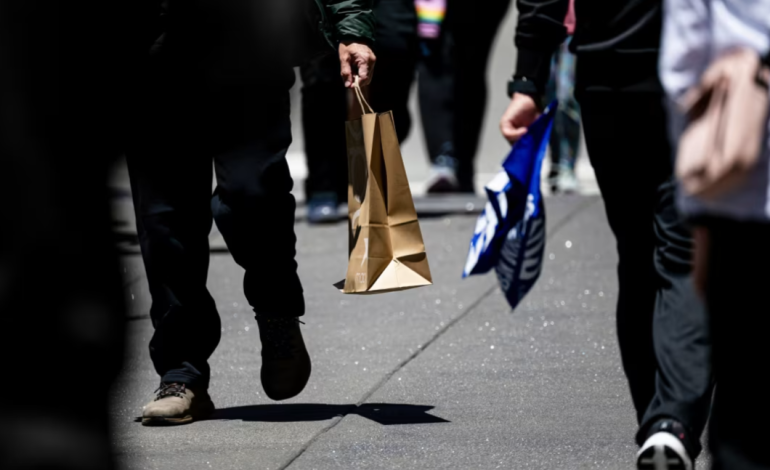Consumer sentiment in the United States declined in June, reversing last month’s temporary boost and reinforcing concerns that economic uncertainty, largely tied to tariffs, continues to weigh heavily on the public’s outlook.
According to data released Tuesday by the Conference Board, the Consumer Confidence Index dropped to 93, down from 98.4 in May. The reading fell short of economists’ expectations, who had projected a modest increase. The decline marks a return to a downward trend that has been building through much of 2025, following a low not seen since the onset of the COVID-19 pandemic five years ago.
The latest report showed notable drops in both current conditions and future expectations. The index measuring short-term consumer expectations for income, business, and labor market conditions fell to 69, a level well below the 80 threshold typically viewed as a warning signal for recession risks.
“The dip in confidence suggests that consumers remain uneasy about the near-term economic environment, particularly the potential impact of tariffs on their finances,” said Stephanie Guichard, senior economist at the Conference Board.
Concerns about President Donald Trump’s tariff policies featured prominently in consumer responses. While recent agreements between the US and China to scale back some levies had briefly improved sentiment, the unpredictability of trade measures and the threat of broader inflation have renewed anxiety.
Consumers frequently cited higher costs and uncertainty about future price increases as major factors shaping their economic expectations. Some respondents reported delaying large purchases such as electronics or homes, although buying activity for other big-ticket items like vehicles and appliances remained relatively steady.
While core inflation remains modest by historical standards — rising 2.8% year over year in May — some economists warn that tariffs could gradually raise prices on a range of consumer goods. Electronics, in particular, have already seen noticeable price increases.
Despite a healthy labor market, with unemployment holding at 4.2% and 139,000 jobs added in May, the survey showed a continued erosion in confidence about employment prospects. June marked the sixth consecutive month of softening views toward job availability and stability.
“The labor market is still producing jobs, but perceptions are changing,” said Heather Long, chief economist at Navy Federal Credit Union. “In this kind of environment, consumers are more cautious — they’re spending only when necessary.”
The proportion of consumers anticipating a recession in the next 12 months also ticked up slightly, adding to concerns that inflation and weaker growth — a scenario known as stagflation — could emerge later this year.
Although tariffs were the primary concern, the Conference Board noted that geopolitical and social unrest also saw a modest increase in mentions compared to previous months. However, these topics remained far less influential on sentiment than economic issues.
The survey’s June 18 cutoff came after Israel’s military operations in Tehran but before the US conducted strikes on Iranian nuclear sites, suggesting additional global events may not have been fully factored into consumers’ responses.
Federal Reserve Chair Jerome Powell, speaking Tuesday before the House Financial Services Committee, reiterated the Fed’s wait-and-see approach on interest rate policy. He acknowledged that while inflation remains above the Fed’s 2% target, the full impact of recent tariffs is not yet clear.
“Policy changes continue to evolve, and their effects on the economy remain uncertain,” Powell said. “For the time being, we are well positioned to wait.”
The central bank held interest rates steady last week and signaled it would assess further economic developments before adjusting its policy stance.
While some retailers and economists express concern that rising costs could eventually suppress consumer demand, others maintain that fundamentals — like job growth and manageable inflation — could still support moderate economic expansion.
Nevertheless, as consumers weigh personal financial uncertainty against broader economic signals, many remain cautious.
As Elizabeth Renter of NerdWallet put it, “This is an economy where confidence is fragile — and that fragility is rooted in uncertainty over prices, policy, and the global landscape.”
The Associated Press, CNN, and ABC News contributed to this report.









The latest news in your social feeds
Subscribe to our social media platforms to stay tuned